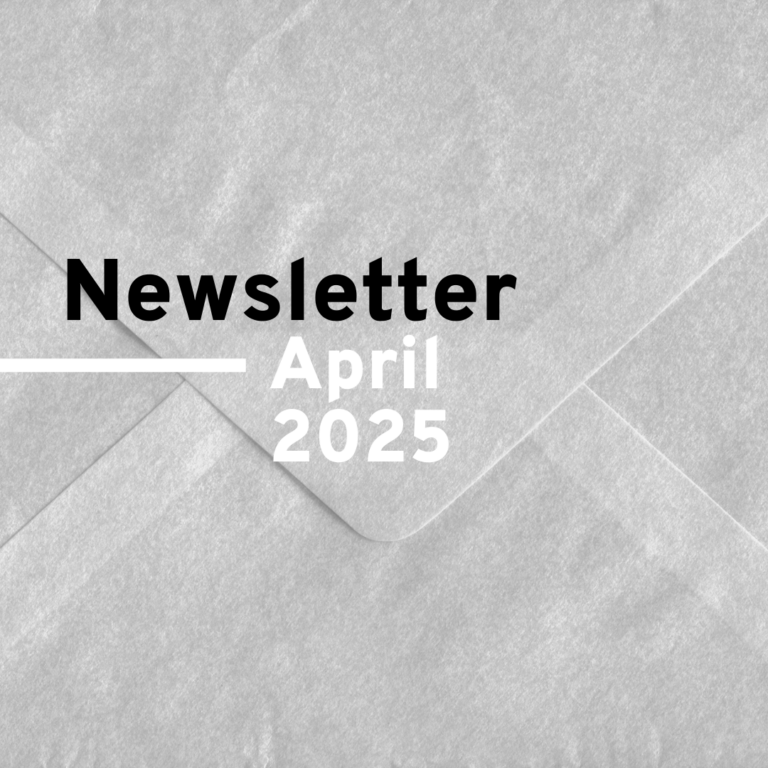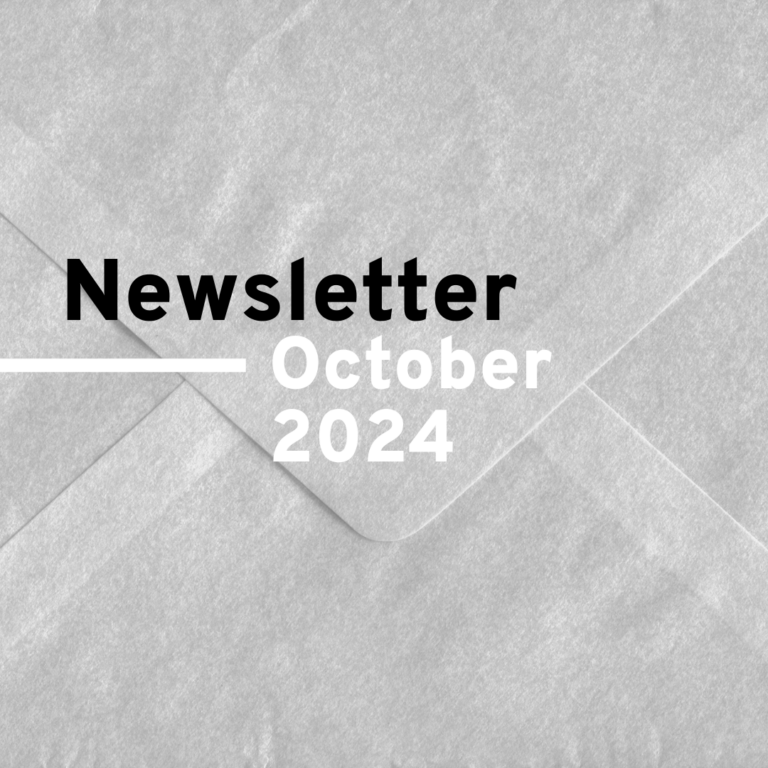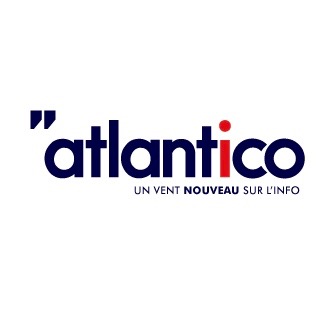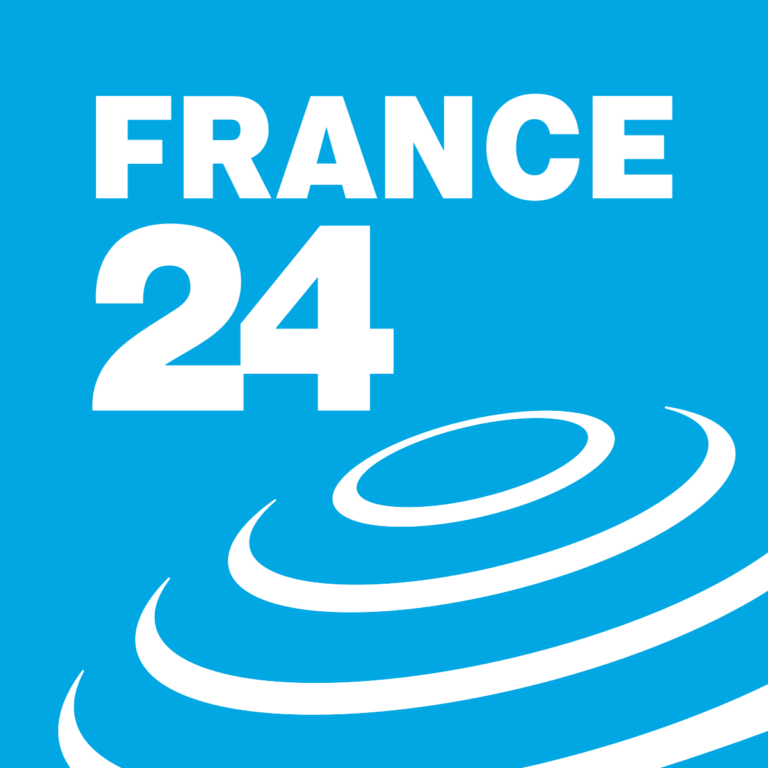Blog post
Newletter february 2023
Turning to the East
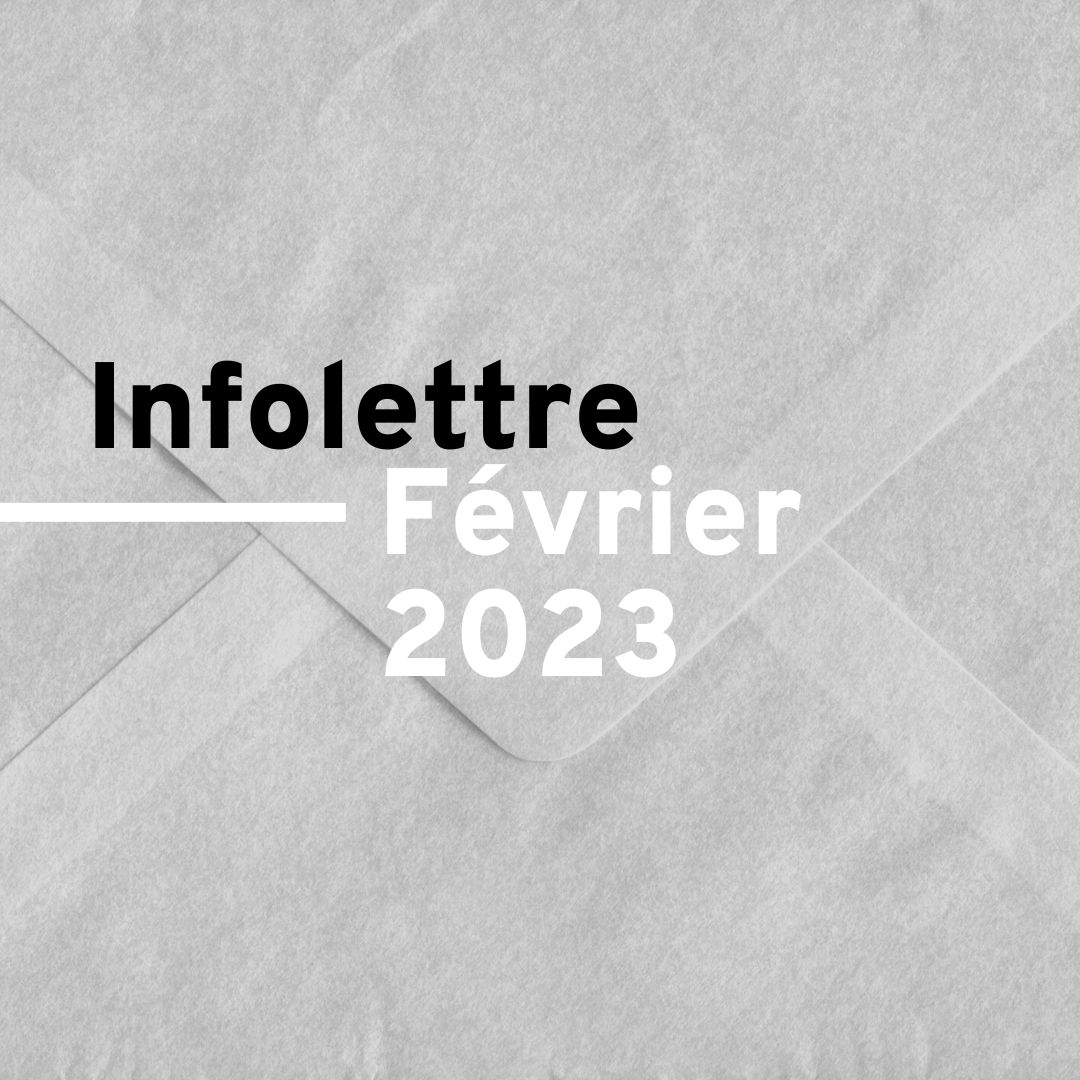
Recommended citation:
Maillard, S. 2023. “Turning to the East», Blogpost, Paris: Institut Jacques Delors , 1st February.
Edito → Read all
The Franco-German friendship was honoured on the 60th anniversary of the Elysée Treaty with all the expected pomp. The eloquence of the speeches, at times lyrical, and the academic solemnity of the venue, however, concealed the caution of the commitments. The relationship has known in the past more personal complicities, more poignant gestures and more obvious affinities. Still, the celebration underlined the remarkable continuity of a political-administrative dialogue of unprecedented level and depth between two States. And between two former enemies. It is this overcoming of revanchist feelings, this stifling of imperial passions, which gives the very reasonable, very established, often irritating but so reassuring Franco-German relationship its still unheard-of character, even 60 years later. The exercise has become obligatory and conventional. Nevertheless, two countries tirelessly striving to understand each other despite their irreducible differences remains an extraordinary message of peace in the eyes of history, as Jérémie Chaplet illustrates for our newsletter.
Even more so in times of war on our continent. There was a sharp contrast, almost an insolence, in recalling at the Sorbonne the past hatreds wisely overcome when other hatreds, at the same time, are being unleashed with ferocity in Donbass or are still simmering in the former Yugoslavia. Yet, since Russia launched its second invasion of Ukraine almost a year ago, Paris and Berlin have struggled to convince the belligerents, they managed before to get together (« Normandy format »). In Kyiv, they still harbour the suspicion of supporting the country with the reservations that diplomatic sparingness towards the Russian nuclear power imposes, even though it is the clearly designated aggressor. The prevarication about sending tanks has further fuelled this suspicion. In Moscow, their respective efforts at dialogue have never shaken Vladimir Putin, who seems on the contrary to be preparing a new major offensive.
Among the EU27, Poland, the Baltic states and other fervent supporters of Ukraine, more Atlanticist than ever, consider Germany and France too restrained. By underestimating Putin, the Franco-German motor, as called on the other side of the Rhine, has lost its moral force and therefore its driving force in these countries. It is true that for a long time, the Franco-German engine has been considered necessary but not sufficient for European integration. This necessity remains, even more so since Brexit, but with the war, its insufficient share has grown.
This is more worrying for the future than the current Franco-German divisions. Opposing views are a recurrent feature of the couple, to use the French metaphor this time. It is precisely the ability to overcome them in the end that has traditionally provided the impetus for European progress, such as the large loan to finance the recovery plan decided during the Covid crisis. This time, when it does start up again, the locomotive may not be able to pull the whole European convoy. The French and German leaders are struggling to convince their counterparts of the scale of the European response to the US Inflation Reduction Act, which is on the agenda for the next European summit (see our editorial of January 4th).
An enlarged Europe will require more than one engine to move forward. The Franco-German engine must be coupled with others. France is working on this, signing a friendship treaty with Spain, after Italy earlier, as if to ward off the shift of the EU’s centre of gravity towards the East. Yet it is also fully in this direction that Paris and Berlin must look to build European power. In particular, they should do more with Poland, which a year of war on its doorstep has made unavoidable and has partly distanced it from Orban. On condition that this country, where decisive elections will be held later this year, shows itself to be a force of proposals for the EU rather than one of its main critics.
With Ukraine pressing hard for accelerated EU membership and already seeing itself as a Member State in 2026 or even 2024 (!), France and Germany will also need strong allies in the East to chart a course for gradual, rather than precipitous, entry, which would be damaging for all. By supporting and marking out enlargement, by anticipating the institutional reforms of the EU that it imposes (our think tank participates with its Berlin counterpart in a new group of experts created for this purpose), by opening up much more to the East, Germany and France will regain a leadership on the continent that a year of war and internal divisions between both has set back. And their valuable historical reconciliation may later on inspire Ukraine and other countries to heal wounds that are now horribly gaping.
Sébastien Maillard,
Director of the Jacques Delors Institute
SUR LE MÊME THÈME
ON THE SAME THEME
PUBLICATIONS
Rearm Europe!

Europe facing the ‘disengagement’

A very political rentrée

MÉDIAS
MEDIAS
Finances publiques, multilatéralisme, énergie… Les disputes s’accumulent dans le couple franco-allemand

France – Allemagne : la grande panne ?

Emmanuel Macron en Allemagne : comment relancer le moteur franco-allemand ?

ÉVÉNEMENTS
EVENTS
Le Grand Continent | L’Union européenne doit-elle s’élargir ? [FR]

Webinar | Franco-German perspectives: energy economics

Euroquestions | Franco-German relations: 2023, year of recovery? [FR]










